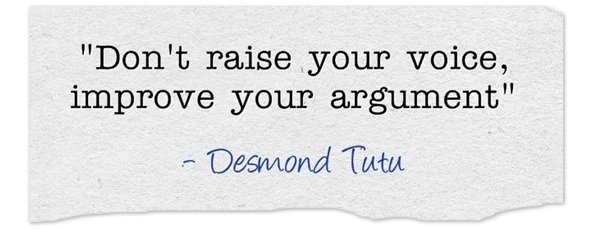How to Write an Argumentative Essay


Argumentative essays may seem like they’re made to be nothing more than combative – and not a great way to win over the heart and mind of your teacher. However, writing a good argumentative essay has less to do with being combative and more to do with playing to your audience. In fact, with a bit of planning and little grunt work you can easily turn an argumentative essay assignment into your opportunity to become your teacher’s favorite student.
Know Your Audience
If you’ve been lucky enough to get to choose your topic for the essay, choose one you know your teacher feels passionately about. Check out their Facebook profile for starters. Even if they have it set to be pretty restricted from Public view, you should still be able to get a few bit of information. Maybe they show their favorite books, bands or TV shows. Look for patterns in the things they enjoy, the books or movies they mention in class and times when they talk openly abut their own perspective. In other words, simply pay attention to your teacher. Check out the bumper stickers on their car as this is one way many people often express themselves more honestly, even if they tend to be more guarded on their social media pages or within the classroom.
Once you have a topic in mind, don’t automatically assume you’ll need to be on the same side as your teacher. After all, an educator will be able to spot pandering a mile away, so don’t go overboard or the whole thing could backfire on you. Instead, adopt the position your research leads to. An argumentative essay requires writers to do a lot of detailed research in order to fully explain a problem, consider possible solutions, alternatives or positions and then make a definitive statement about it. Your teacher may appreciate the fact that you are in agreement, but unless you’ve done the work to back it up, he or she will see it as brown-nosing which could easily affect your grade.
Do the Work
A well written argumentative essay should have these key characteristics:
A definitive thesis in the first paragraph. Your thesis should explain why the topic is important, how it can affect the larger world and why readers should be interested enough to develop their own opinion. The introduction and thesis of your essay should be outlined or roughly written before you begin the body of your essay, but it is fine to go back and tweak or revise both the thesis and the introduction as you get further into your research and your essay develops more fully.
Well written transitions between paragraphs. Every essay has three basic sections – the introduction, the body and the conclusion. Transitioning between these sections gives you a chance to show off your true writing skills. Transitioning between these sections is often difficult for students but if you can tweak these areas, they can offer the perfect way to showcase your writing skills. Ultimately, teachers want their students to be able to communicate effectively and showcasing these kinds of skills scores big points when it comes to grading.
Evidence, support and a lack of bias. A well written argumentative essay draws conclusions based on evidence, not emotion. Keep your writing calm, cool and collected so that the evidence can speak pretty much for itself. Sticking to this also takes a lot of the pressure off your shoulders as you can simply use studies, anecdotes, research and historical articles in order to build your case. Some research will speak well enough for itself, so be careful not to over-state a point.
A conclusion that offers something new. The conclusion of your essay shouldn’t simply be a rehashing of your introduction. When reviewing your conclusion, compare it to your original thesis. While the spirit should be the same, your conclusion should be a reflection of both the core issue and the evidence reviewed throughout the essay.
Writing an argumentative essay doesn’t have to mean drawing battle lines in your class – or with your instructor. Choosing a topic you know your teacher cares about can give you a leg up in terms of scoring a few extra points, but you’ll still need to do the work to back it up. Ultimately, becoming a teacher’s favorite student is about addressing them on a personal level and showing that you’re able to tackle difficult subjects, complicated research and historical records with a keen eye for observation and a fresh perspective.





